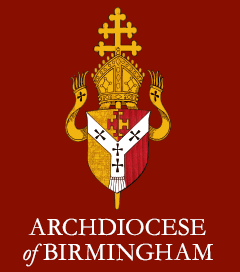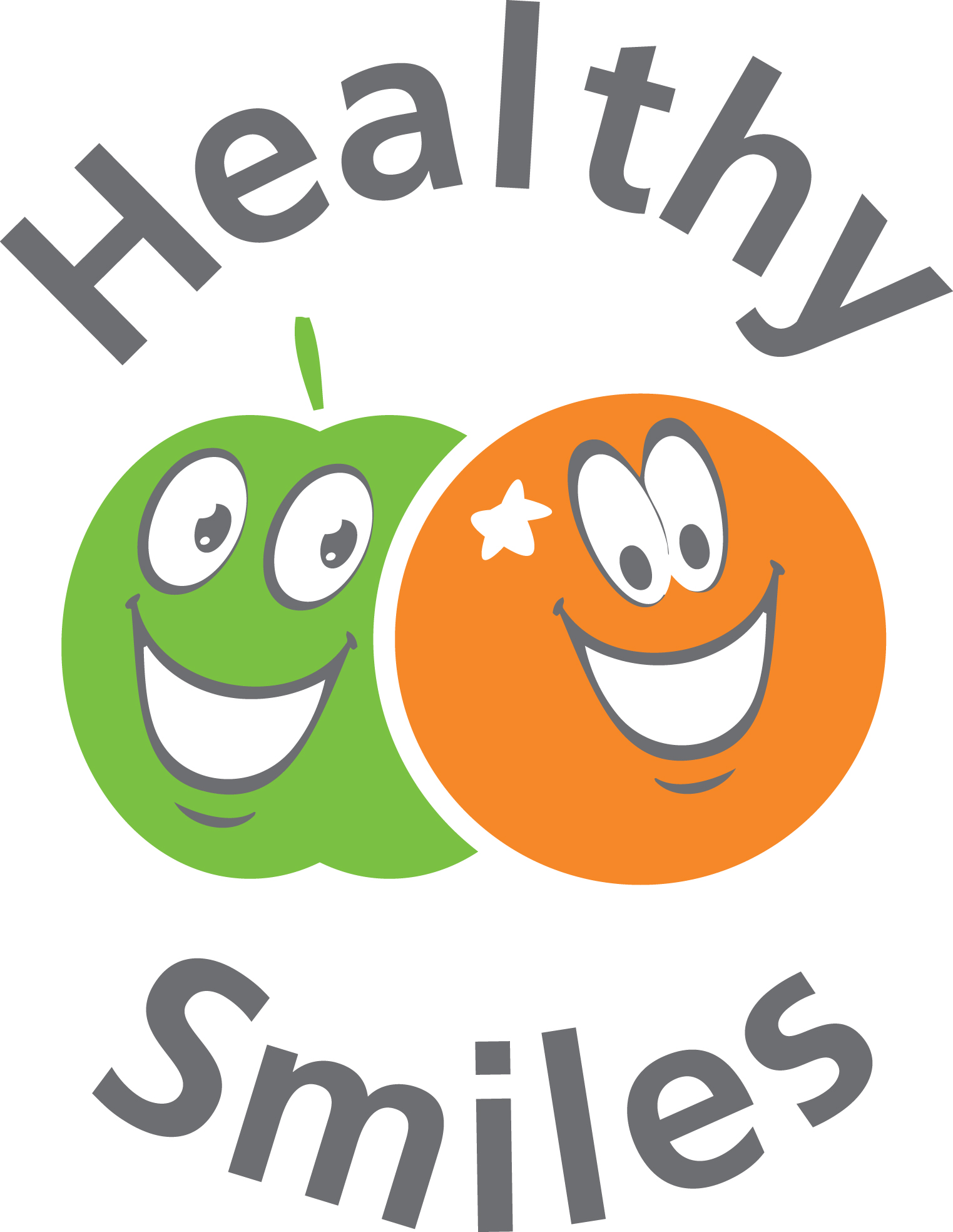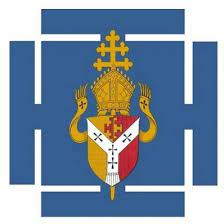Science
Intent
The 2014 national curriculum for science aims to ensure that all pupils:
- develop scientific knowledge and conceptual understanding through the specific disciplines of biology, chemistry and physics
- develop understanding of the nature, processes and methods of science through different types of science enquiries that help them to answer scientific questions about the world around them
- are equipped with the scientific skills required to understand the uses and implications of science, today and for the future. We understand that it is important for lessons to have a skills-based focus, and that the knowledge can be taught through this
At Our Lady of Lourdes, we aim to develop learners who are capable of finding the answers to important scientific questions for the future benefit of all God’s wonderful creation. The Science curriculum fosters a healthy curiosity in children about our universe and promotes respect for the living and non-living. We believe science encompasses the acquisition of knowledge, concepts, skills and positive attitudes.
Implementation
Throughout the programmes of study, the children will acquire and develop the key knowledge that has been identified within each unit and across each year group. The key knowledge identified by each year group is informed by the national curriculum and builds towards identified phase ‘end points’ in accordance with NC expectations. Key skills are also mapped for each year group and are progressive throughout the school. These ensure systematic progression to identified skills end points which are in accordance with the Working Scientifically skills expectations of the national curriculum.
The curriculum is designed to ensure that children are able to acquire key scientific knowledge through practical experiences; using equipment, conducting experiments, building arguments and explaining concepts confidently. The school’s approach to science takes account of the school’s own context, ensuring access to people with specialist expertise. For example, in the past year we have had a dentist and vet come into school. Cross curricular opportunities are also identified, mapped and planned to ensure contextual relevance. Children are encouraged to ask questions and be curious about their surroundings and a love of science is nurtured through a whole school ethos and a varied science curriculum.
Impact
Children are provided with the foundations and knowledge for understanding the world. They learn through varied and first hand experiences of the world around them. Children learn the possibilities for service and careers in science and they have access to positive role models from a range of science disciplines and STEM related industries.
Children enjoy science and become motivated learners with sound scientific understanding.




